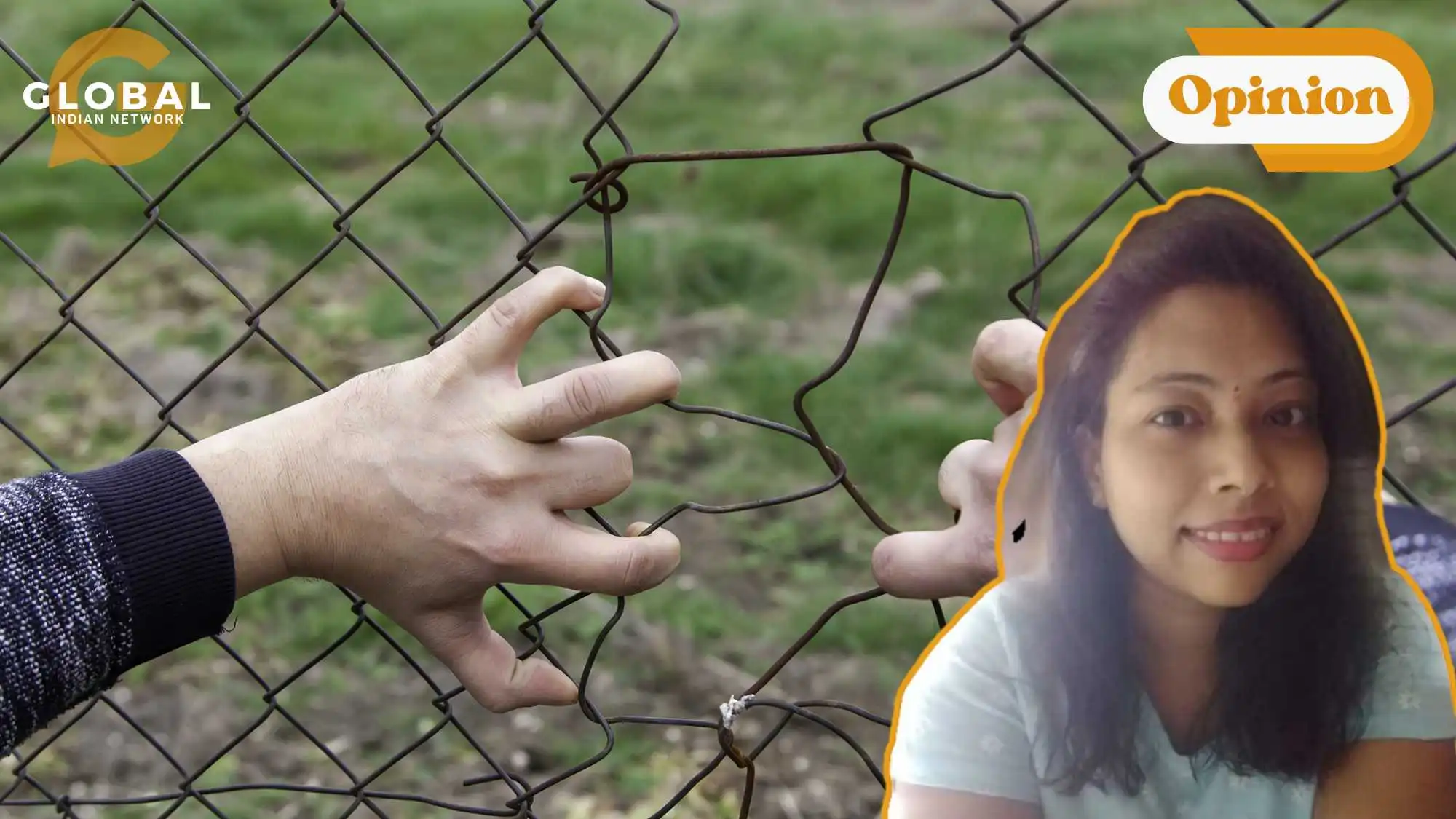Have you watched the latest movie, DUNKI, starring Shah Rukh Khan? Even if you answer yes or no, this is for you. You’ve understood what I’m talking about!
New estimates from the Pew Research Center indicate that there were approximately 725,000 unauthorised Indian immigrants in the United States, making it the third largest population of undocumented immigrants after Mexico and El Salvador.
Illegal immigration is the migration of people into a country in violation of that country’s immigration laws. The countries that are most commonly affected by illegal immigration are the United States, Mexico, and the European Union.
Listen To This Podcast: Celebrating National Identity and Immigration: Meeru Dhalwala’s Culinary Ventures
Recently, Tesla CEO Elon Musk has shared a video addressing the topic of illegal immigration, prompting Musk to express his concern, describing it as “alarming.”
The total number of crossings has soared to nearly 7.3 million individuals. This staggering figure surpasses the populations of 36 American states. To put it into perspective, if these migrants were to establish their city, it would rank as the second-largest in America, trailing only behind New York City.
In another recent incident, Attorney General Ken Paxton stated in a written release that the legal measures were aimed at revoking Annunciation House’s license to operate as a non-governmental organisation (NGO) in Texas.
Paxton stated in the lawsuit that Annunciation House publicly asserted its accommodation of approximately 300 migrants, acknowledging that they were intentionally evading detection by US Customs and Border Protection agents.
The attorney general asserted that the organisation was involved in human smuggling, utilising vans to transport migrants and then housing them in locations commonly referred to as stash houses.
In another incident, multiple news organisations reported that U.S. officials processed an estimated 300,000 individuals at the U.S.-Mexico border in December, potentially marking the highest number on record.
The estimates indicate that the initial three months of fiscal year 2024, commencing in October, are poised to establish a record. Experts attribute the influx of migrants, including individuals originating from distant regions such as Asia, Africa, and the Middle East, to various factors prompting them to arrive at the US border, whether through legal means as asylum-seekers or unlawfully.
Michelle Mittelstadt, the Director of Communications and Public Affairs at the Migration Policy Institute, informed that numerous factors have contributed to the increased number of migrants at the southern border. Mittelstadt elaborated that many migrants arriving at the border have been compelled to leave their own countries due to economic and political instability, natural disasters, and other crises. For instance, the economic collapse in Venezuela over the past decade has led approximately 8 million people to flee the country.
While some have sought refuge in neighbouring South American countries like Colombia, hundreds of thousands have embarked on the dangerous journey to the United States.
Illegal migrants come from diverse backgrounds and circumstances. They include men, women, and children of all ages, representing various ethnicities, nationalities, and socio-economic statuses. While economic factors play a significant role, individuals fleeing persecution, violence, and human rights abuses constitute a sizable portion of illegal migrants.
Furthermore, recent trends indicate an increase in unaccompanied minors and vulnerable populations, such as victims of human trafficking and asylum seekers. These groups face heightened risks of exploitation, abuse, and trafficking during their journeys and upon reaching their destinations.
However, it’s important to remember that behind the statistics and policy debates are real people with hopes, dreams, and aspirations. As we grapple with this complex issue, let us not lose sight of our shared humanity and the importance of empathy and compassion. By understanding and cooperation, we can work towards sustainable solutions that uphold the dignity and rights of all individuals, regardless of their immigration status.
What are your thoughts on this issue? How can we best address this situation while balancing humanitarian concerns and national interests? Please share your insights and opinions in the comments below.
If you have any burning opinions or ideas, please get in touch with us at larra@globalindiannetwork.com.









